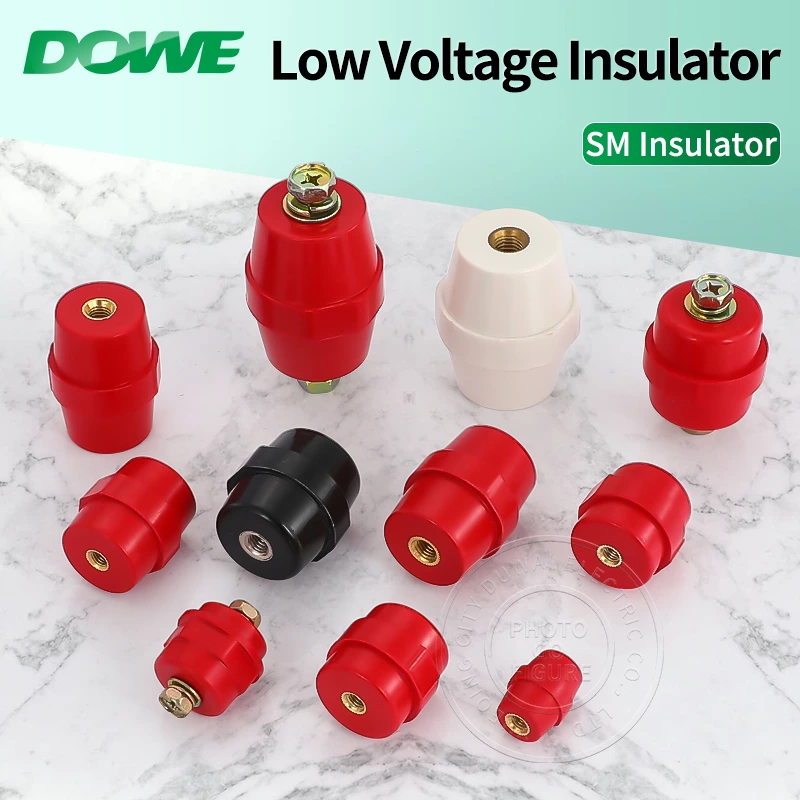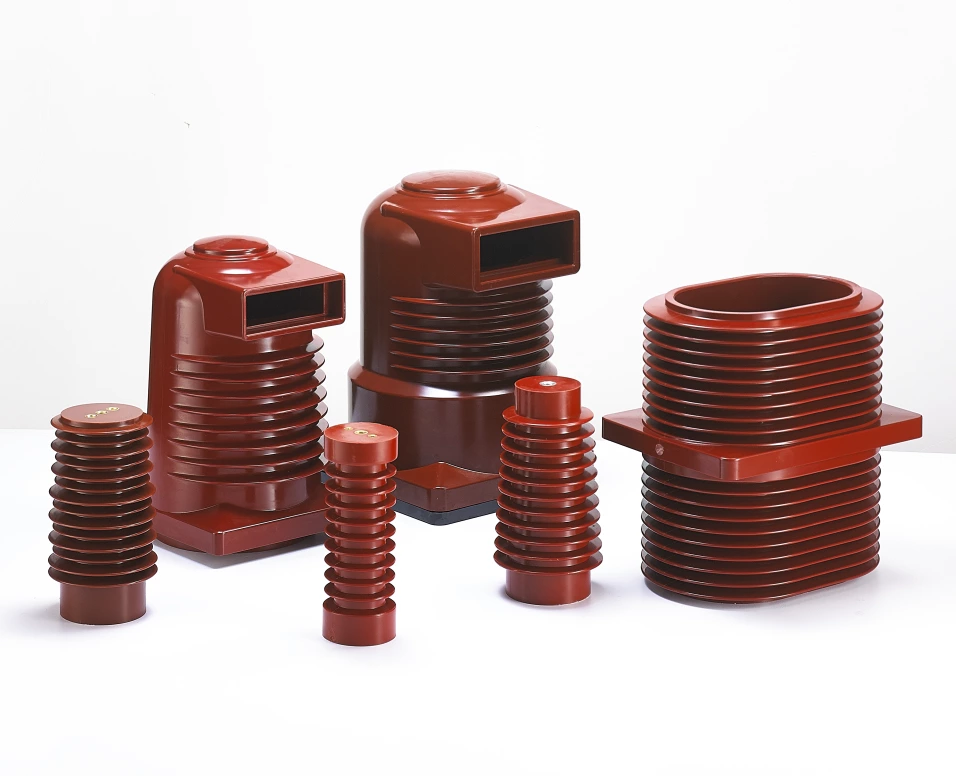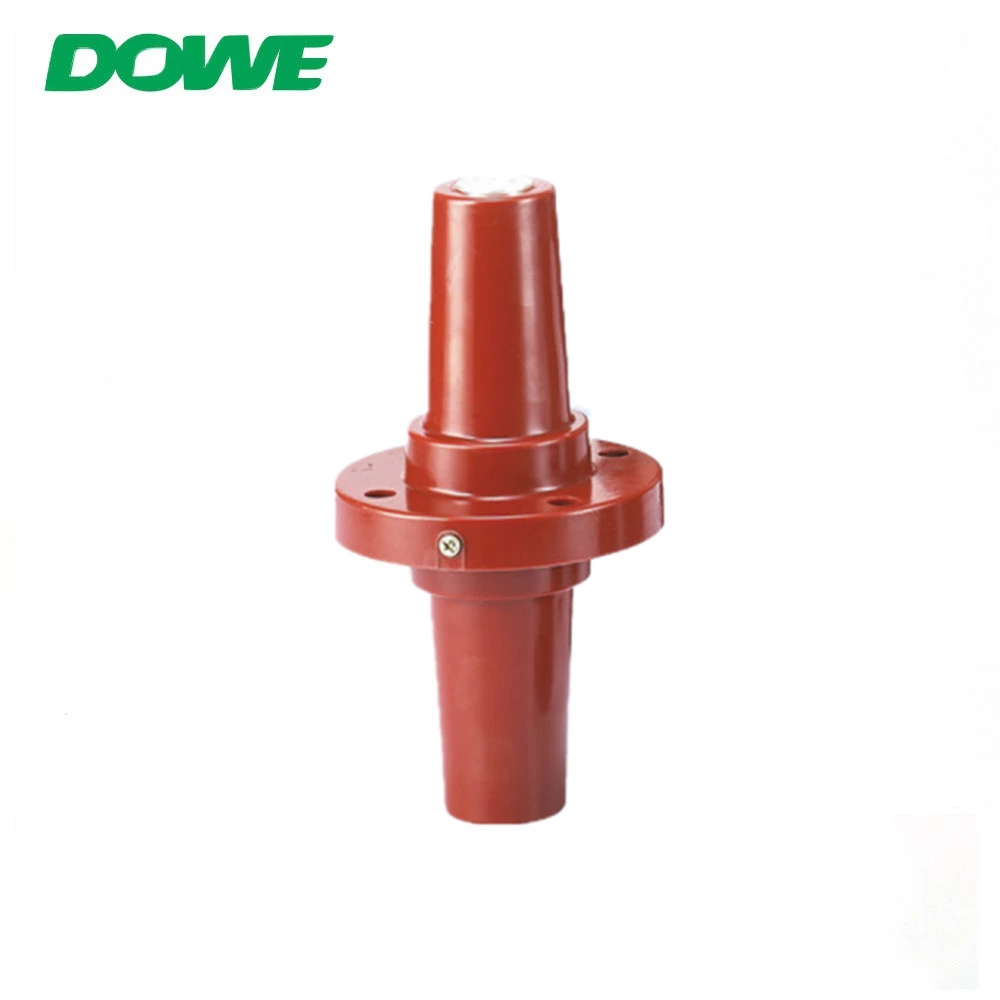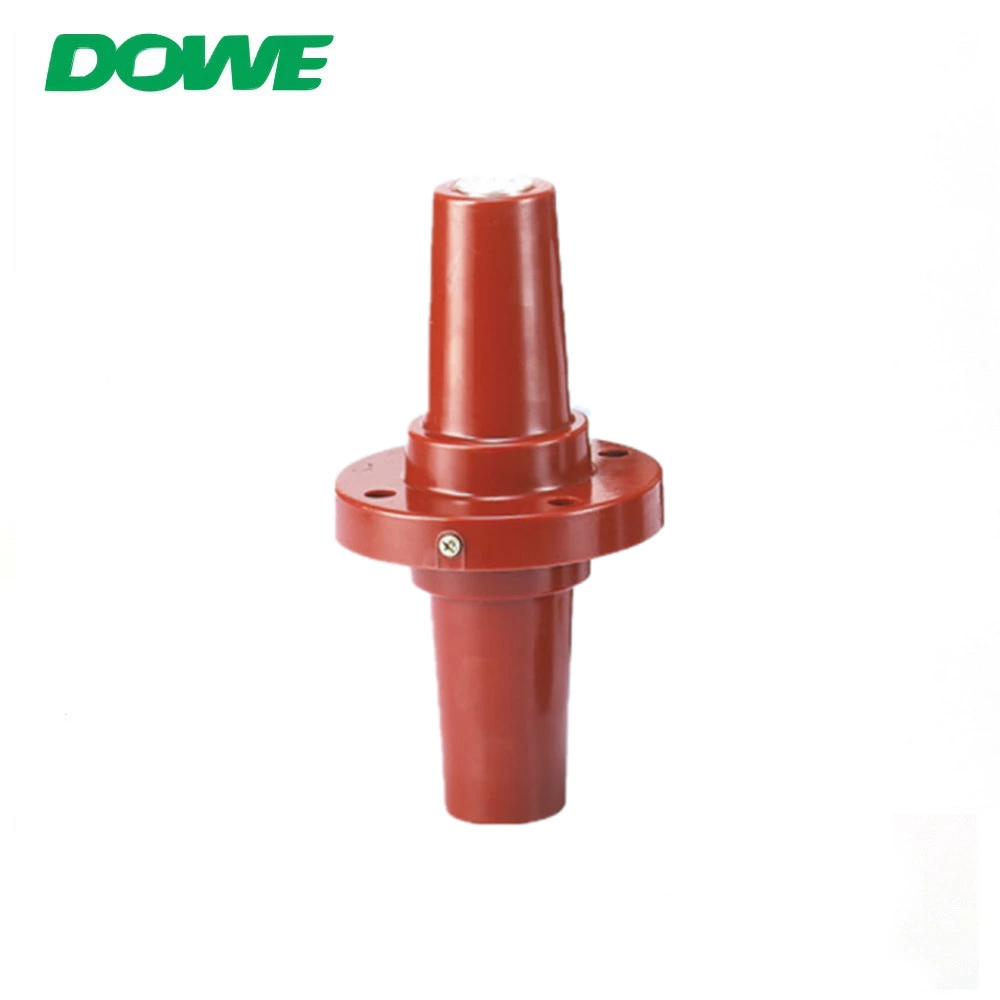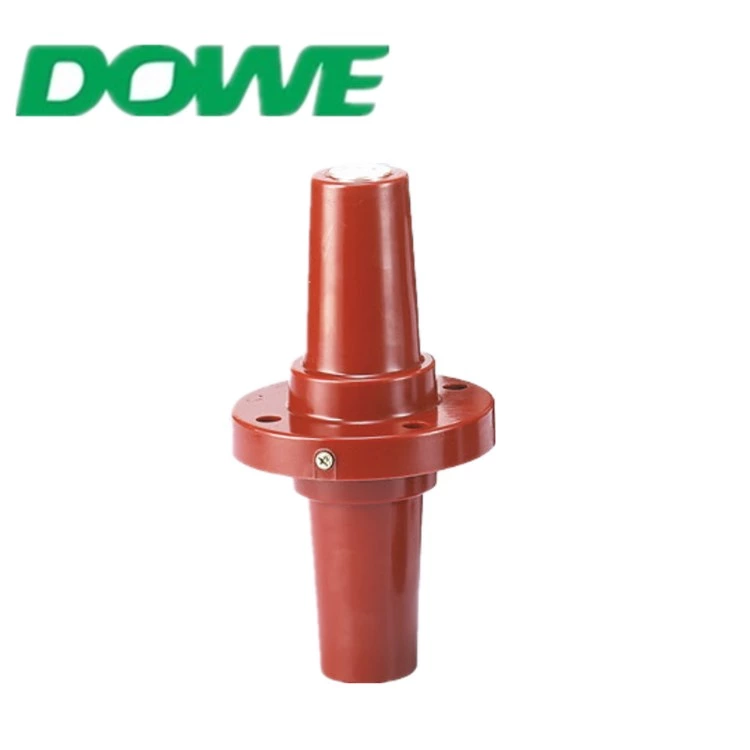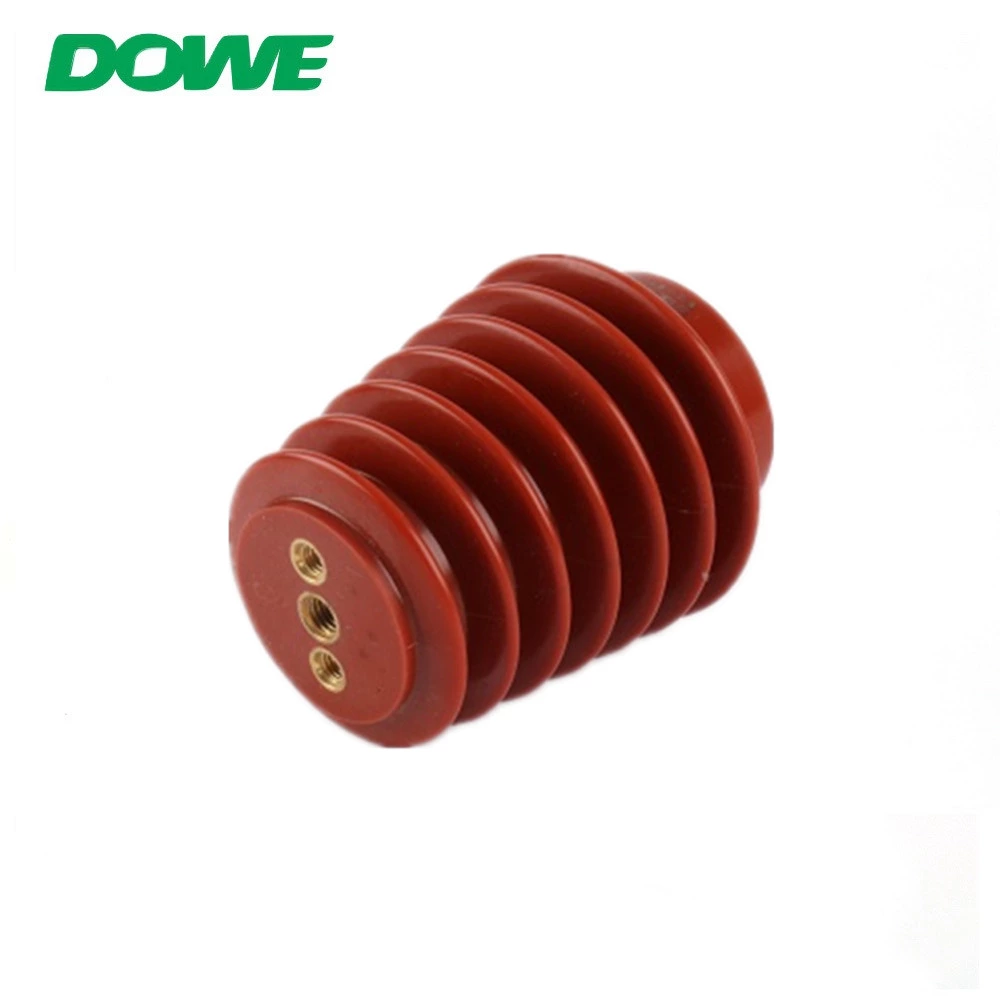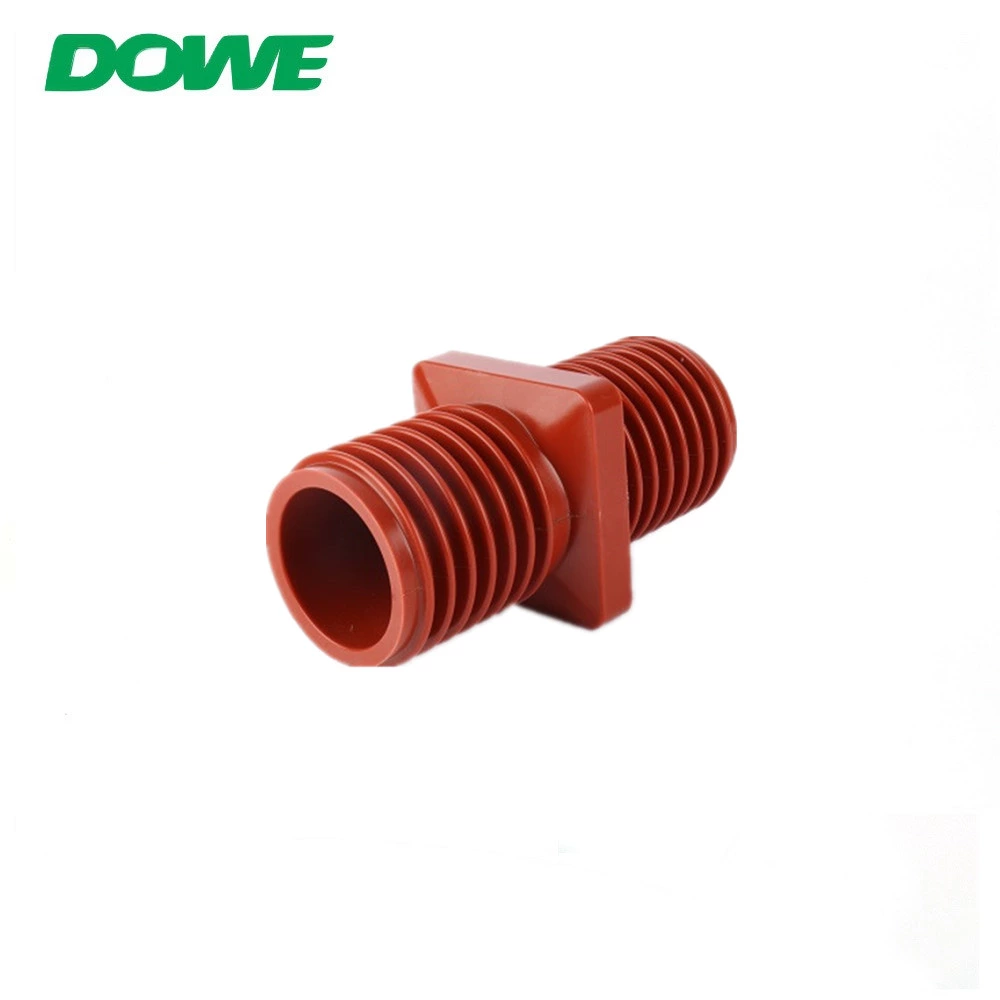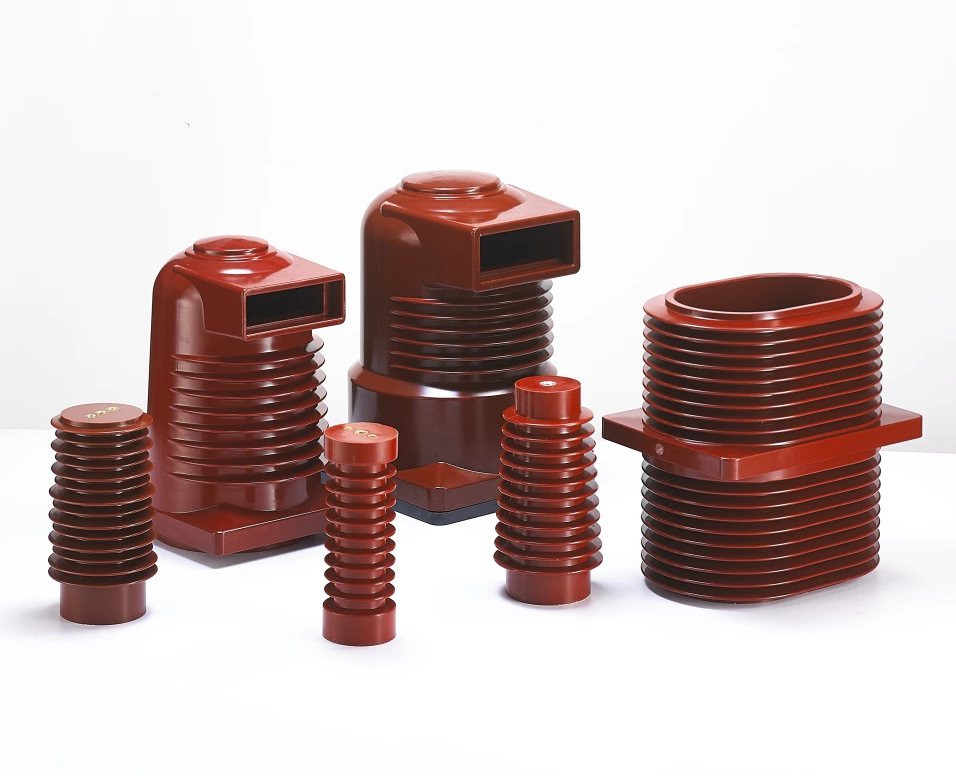What Makes a Good Busbar Holder Insulator for Industrial Applications?
In industrial settings, the choice of a busbar holder insulator is crucial for the safe and efficient operation of electrical systems. A busbar insulator plays a pivotal role in isolating busbars from other components, preventing short circuits, and ensuring electrical safety. But what makes an insulator truly "good" for industrial applications?
A good busbar holder insulator for industrial applications must meet requirements for mechanical strength, electrical performance, environmental resistance, and safety standards.
Let’s explore the characteristics that define an ideal busbar holder insulator, particularly in industrial environments, where reliability and durability are paramount.
[Table of contents]
- What Are the Key Features of a Busbar Holder Insulator?
- How Does Mechanical Strength Impact Busbar Insulator Selection?
- Why Is Electrical Performance Crucial for Busbar Insulators?
- How Do Environmental Conditions Affect Busbar Insulator Performance?
- Why Are Safety Standards and Certifications Important for Busbar Holder Insulators?
- Conclusion
What Are the Key Features of a Busbar Holder Insulator?
A busbar holder insulator serves two primary functions: it provides mechanical support for the busbar and ensures electrical insulation. The choice of materials, strength, size, and specific characteristics all play an essential role in the effectiveness of the insulator.
Key features of a good busbar holder insulator include:
-
High Mechanical Strength: The insulator must withstand physical forces, such as the weight of the busbar, vibrations, and environmental impacts (e.g., wind, seismic activity).
-
Electrical Insulation: The insulator must prevent the flow of electrical current to the busbar’s supporting structure or surrounding components. This is particularly important for preventing electrical faults and ensuring safety.
-
Material Durability: The material used must be able to resist degradation over time due to factors like moisture, UV radiation, and heat, ensuring a long operational life.
-
Compact Design: In industrial environments where space can be limited, a well-designed insulator needs to provide effective support without taking up unnecessary space.
How Does Mechanical Strength Impact Busbar Insulator Selection?
Mechanical strength is one of the most critical factors when selecting a busbar holder insulator for industrial applications. In industrial settings, the insulator is subjected to mechanical stresses, including:
-
Load-bearing: The busbar, as a conductor of electrical power, can be heavy, and the insulator must support it reliably. Any failure in mechanical support could result in the busbar sagging or even detaching.
-
Vibration: Industrial environments, such as manufacturing plants or power stations, often feature machinery and other sources of vibrations. The insulator must remain intact under continuous vibrations to prevent failure.
-
Impact Resistance: The insulator must be resistant to impacts, whether from accidental bumps, falling objects, or seismic activity. Industrial areas with heavy machinery or outdoor settings (exposed to potential impacts) require insulators with enhanced impact resistance.
A good busbar holder insulator should be made from materials with excellent mechanical properties, such as porcelain, fiberglass, or composite materials. These materials are chosen because they provide a balance between strength and weight, offering durability while keeping the system as compact as possible.
Dive Deeper: Mechanical Strength and Material Choices
Porcelain is a traditional choice for insulators due to its high compressive strength. However, it is also brittle and can break under significant impact. On the other hand, fiberglass-reinforced polymer (FRP) materials offer a good balance of strength and flexibility. These insulators are much lighter than porcelain and have greater resistance to mechanical stresses, making them ideal for industrial applications prone to vibrations or minor impacts.
Composite insulators, made from epoxy resins, are a modern option. They combine the best aspects of both porcelain and fiberglass, offering high mechanical strength while being lighter and more resistant to environmental degradation.
Why Is Electrical Performance Crucial for Busbar Insulators?
The primary function of any busbar holder insulator is to provide electrical insulation. Insulators ensure that the electrical current carried by the busbar remains contained within the conductor, preventing any electrical discharge to surrounding components or structures.
Electrical performance can be evaluated by two key factors:
-
Dielectric Strength: This refers to the insulator’s ability to withstand high voltage without breaking down. A good busbar holder insulator should have high dielectric strength to ensure that it does not fail under normal operating conditions or during short circuits.
-
Thermal Dissipation: When electrical current flows through the busbar, heat is generated. Insulators must have the ability to dissipate this heat effectively to prevent thermal breakdown. Overheating can cause the insulator to degrade, leading to potential system failures.
Industrial environments often involve high-voltage applications, so selecting insulators with high dielectric strength is essential. Additionally, heat generated by electrical loads must be managed properly to avoid the degradation of both the busbar and the insulator.
Dive Deeper: Electrical Performance in High Voltage Environments
In high-voltage environments, such as substations or power plants, busbar holder insulators need to meet specific electrical standards. Porcelain insulators are often used in high-voltage applications because of their excellent dielectric strength. However, as voltage requirements increase, newer materials like composite insulators are gaining popularity due to their ability to withstand even higher voltages and better handle thermal stresses.
Composite insulators made from polymer materials like silicone rubber or epoxy can outperform porcelain in certain scenarios by maintaining electrical performance over a wider temperature range and in more extreme environmental conditions.
How Do Environmental Conditions Affect Busbar Insulator Performance?
In industrial applications, busbar holder insulators are often exposed to extreme environmental conditions, such as high temperatures, humidity, UV exposure, and corrosive substances. These factors can significantly affect the performance and lifespan of insulators.
Key environmental considerations include:
-
Temperature Fluctuations: Insulators must function in a wide temperature range, from cold environments to extreme heat, without losing their electrical insulation properties.
-
UV Exposure: Outdoor installations are particularly susceptible to UV radiation, which can degrade the material over time, reducing its strength and insulating ability.
-
Corrosion Resistance: In environments where chemical exposure or high humidity is a concern, insulators must resist corrosion to avoid material degradation. Fiberglass and composite insulators are particularly well-suited for these conditions.
-
Pollution: In industrial areas with high pollution levels, such as factories or power stations, insulators need to resist contamination and dirt buildup. Pollutants can reduce the efficiency of insulation and lead to electrical faults.
Dive Deeper: Environmental Resistance in Composite Insulators
Composite insulators are gaining traction in industrial applications due to their superior environmental resistance. Materials like silicone rubber and polymer composites are less prone to degradation from UV radiation and environmental pollutants than traditional porcelain insulators.
These materials are also more resistant to extreme temperature variations and humidity, making them ideal for outdoor installations or harsh industrial environments. The flexibility of composite insulators also helps them maintain their integrity under physical stresses, reducing the likelihood of failure in challenging conditions.
Why Are Safety Standards and Certifications Important for Busbar Holder Insulators?
Safety standards and certifications are essential for ensuring that busbar holder insulators meet the required safety, performance, and quality criteria. These certifications provide confidence that the insulators have been rigorously tested and will perform reliably in industrial applications.
Key safety standards include:
-
IEC Standards1: The IEC sets global safety standards for electrical equipment, including busbar holder insulators. Compliance with IEC standards ensures that the insulator meets international safety and performance requirements.
-
UL Certification2: For industrial applications in North America, UL certification ensures that the busbar insulator complies with safety and electrical performance requirements.
-
ISO Certification: ISO 9001 certification ensures that the manufacturer has a robust quality management system in place, ensuring consistent production of high-quality insulators.
Dive Deeper: The Role of UL and IEC Standards
UL and IEC certifications are critical for industrial applications, particularly in high-voltage environments. These certifications guarantee that the busbar insulators are capable of handling the electrical and mechanical stresses typical in industrial settings.
For instance, IEC 60168 outlines the testing procedures for electrical insulators, while UL 1449 covers surge protection standards for electrical systems. When selecting busbar holder insulators, always verify that they meet these certifications to ensure optimal safety and performance.
Conclusion
Choosing the right busbar holder insulator for industrial applications is a matter of balancing multiple factors, including mechanical strength, electrical performance, environmental resistance, and safety standards. A good busbar insulator should be robust enough to withstand mechanical stresses while offering excellent electrical insulation and long-term durability in harsh conditions.
By considering these factors and selecting materials and products that meet industry standards, you can ensure a reliable and safe electrical system that meets the demands of your industrial setup.
-
The International Electrotechnical Commission (IEC) provides safety standards for electrical systems and products, including busbar insulators, ensuring they meet global performance and safety criteria. ↩
-
Underwriters Laboratories (UL) certifies products to ensure they meet safety and performance requirements, particularly important for busbar insulators in North American industrial applications. ↩

